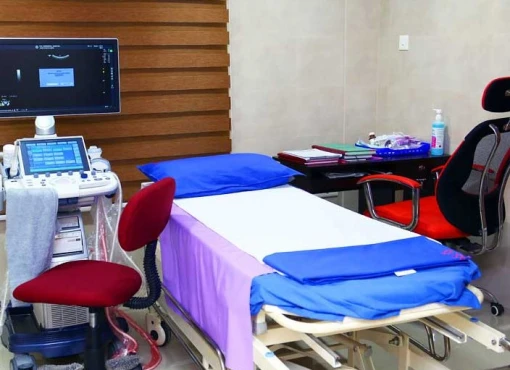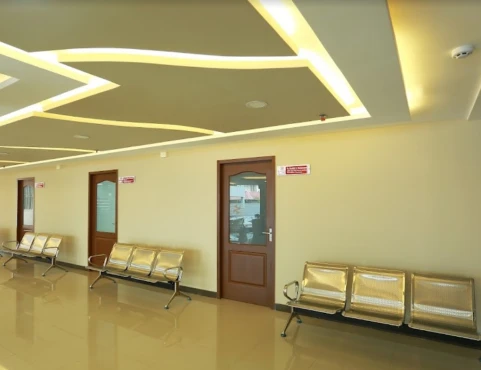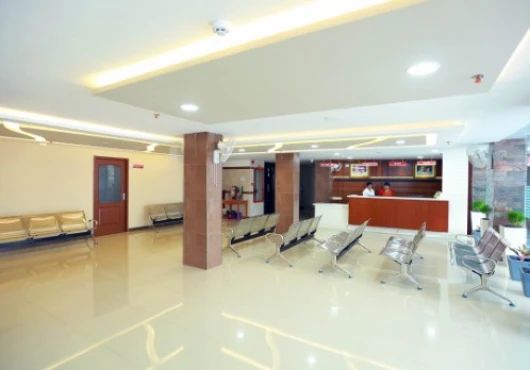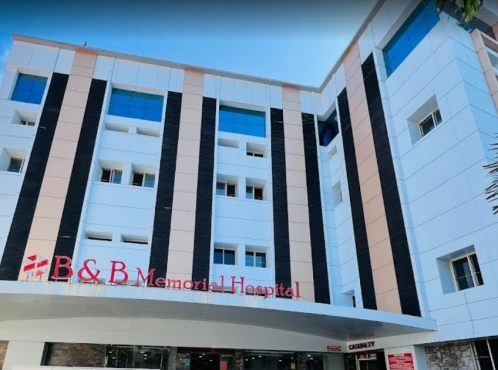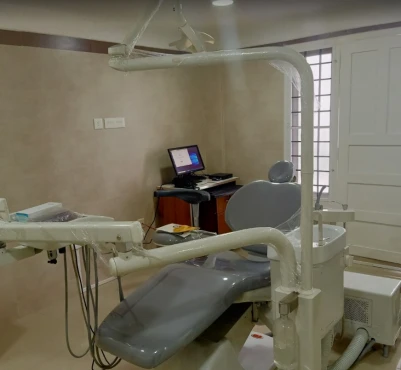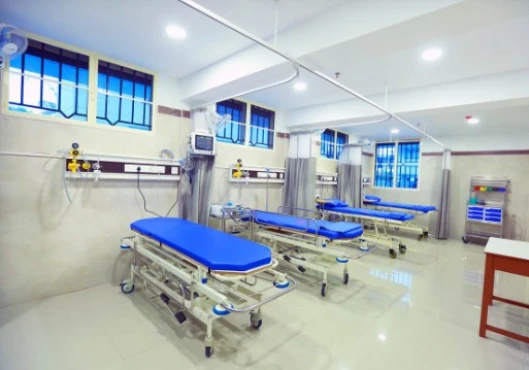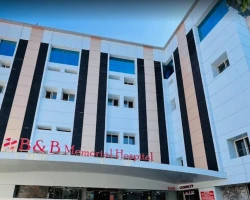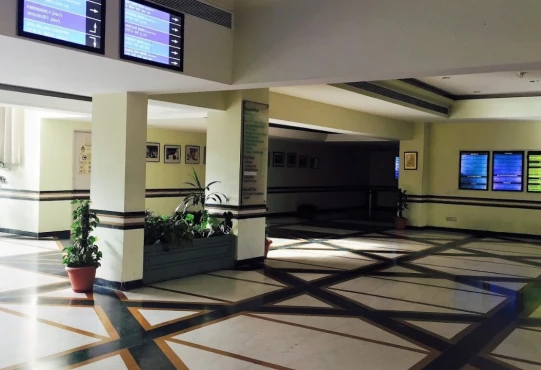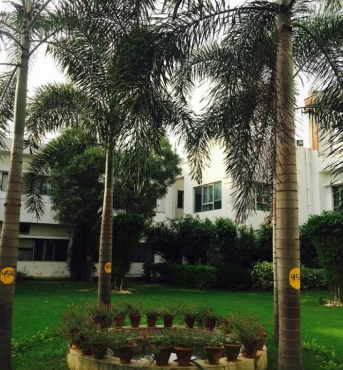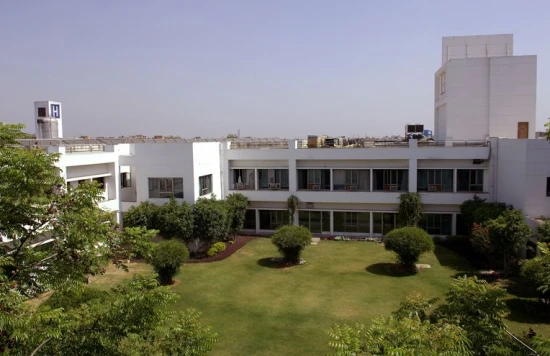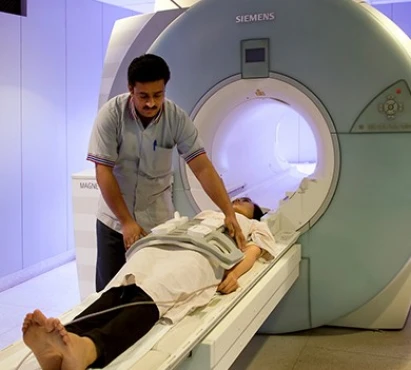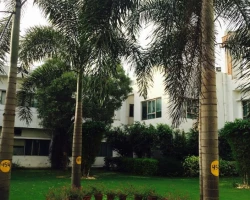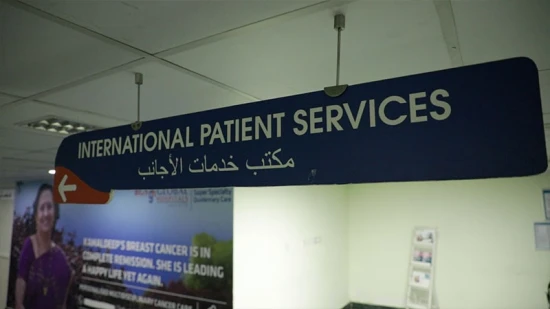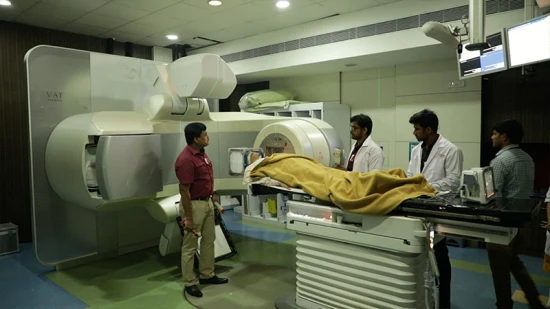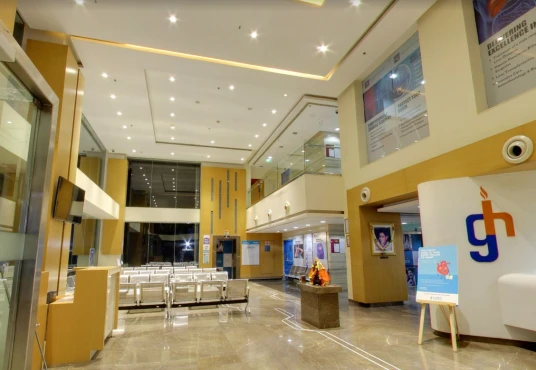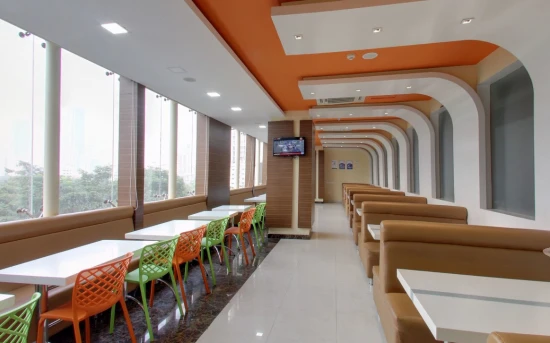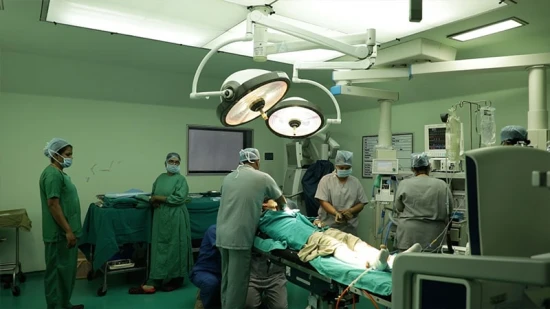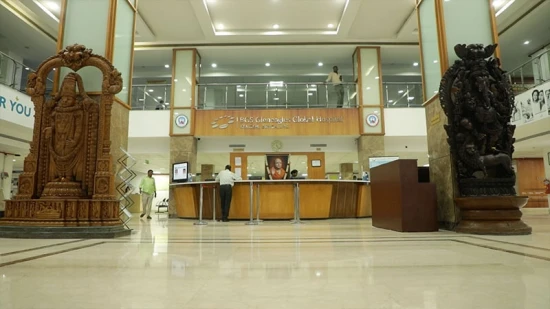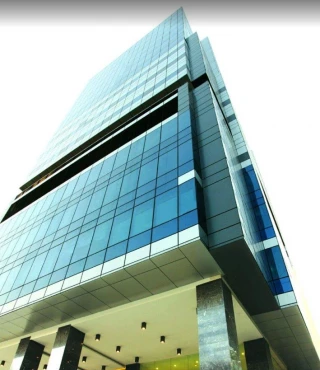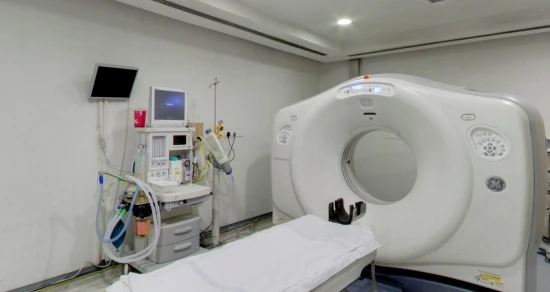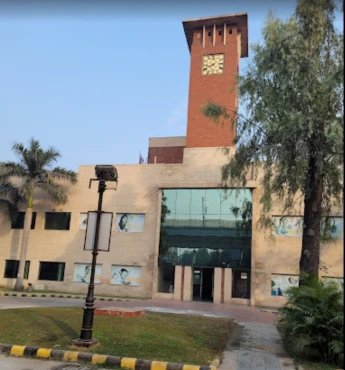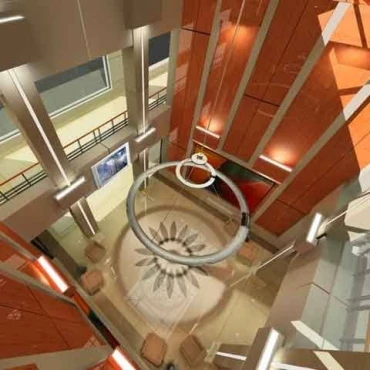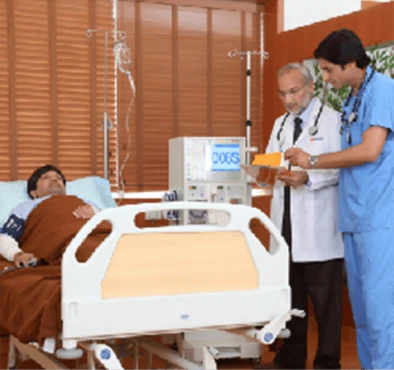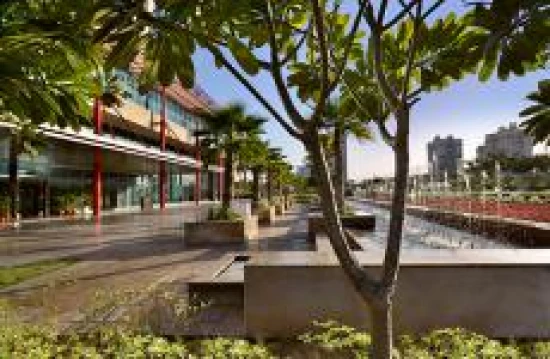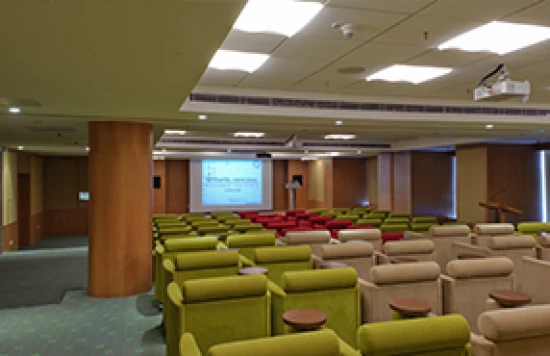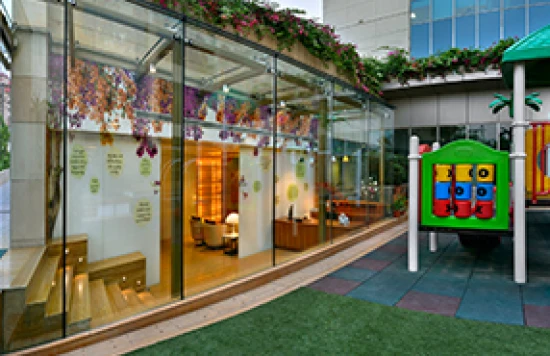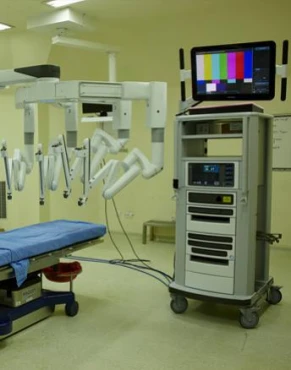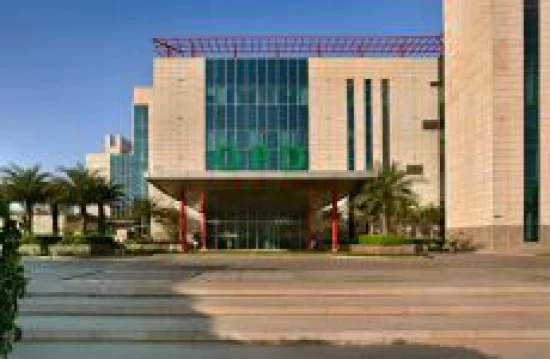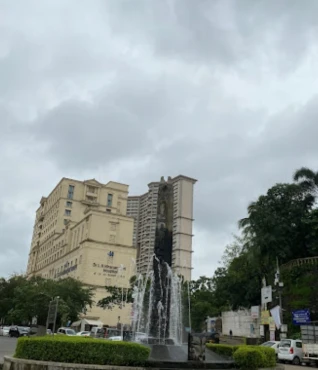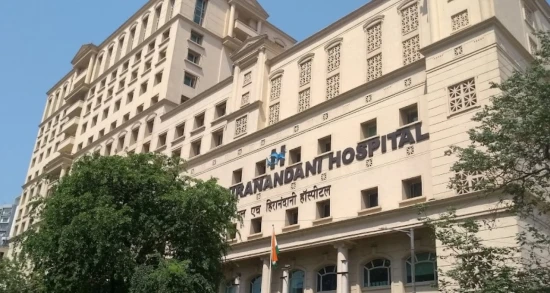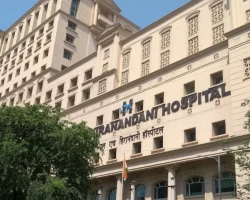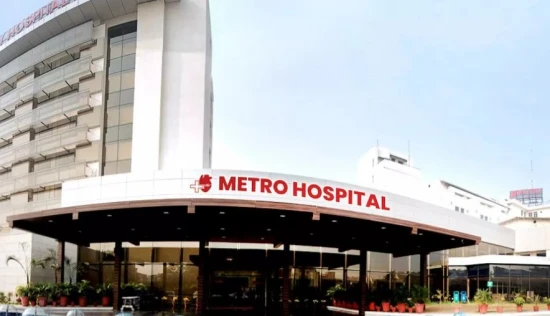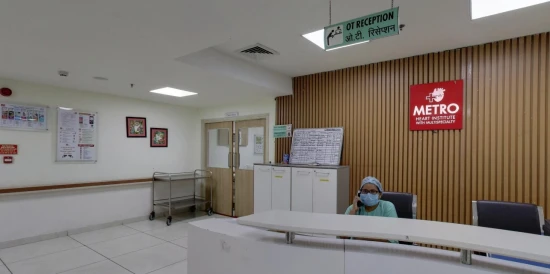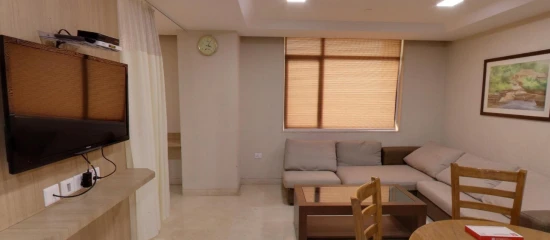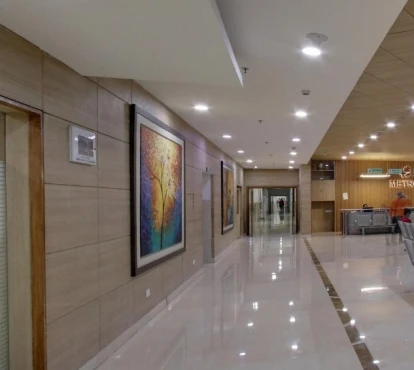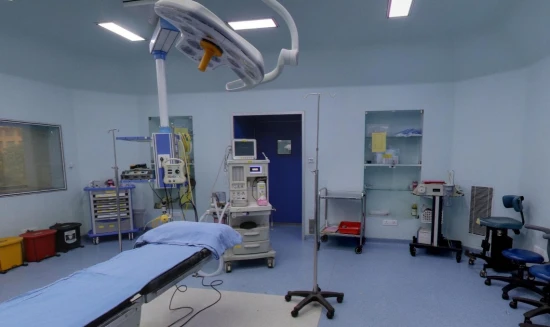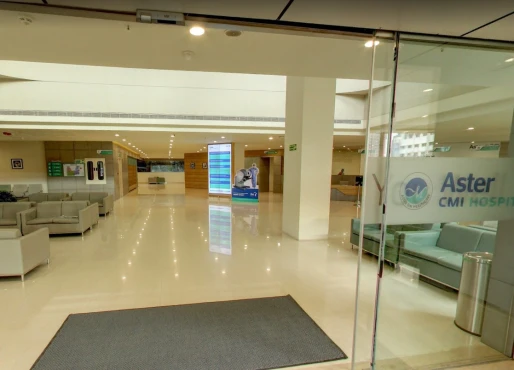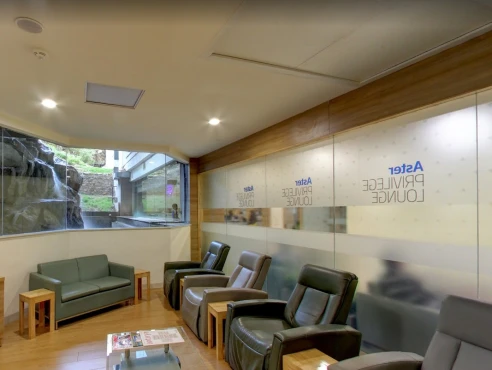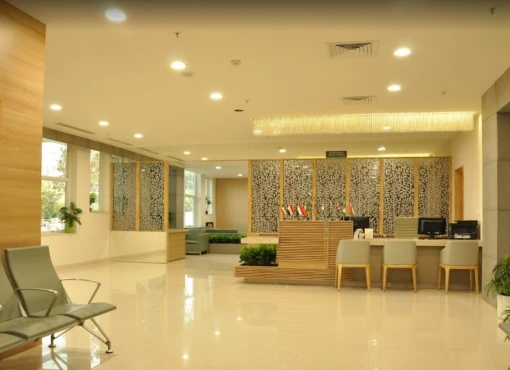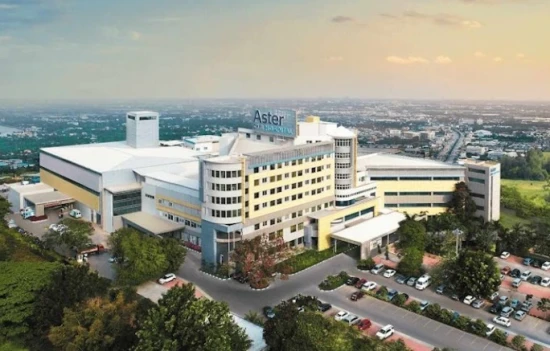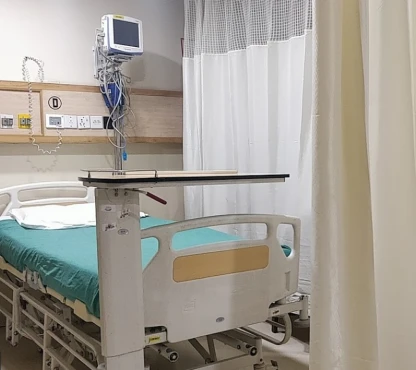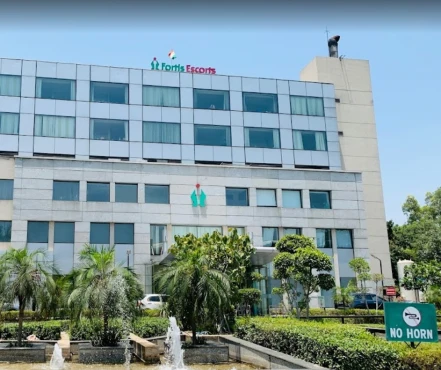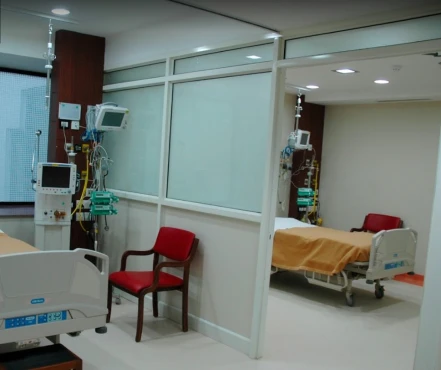Kidner procedure in 9 Orthopedic surgery clinics in India
9 clinics specializing in Orthopedic surgery providing
Kidner procedure
Kidner procedure involves the removal of an accessory navicular bone, a small bone on the inner side of the foot, to alleviate chronic pain or deformity. The procedure is typically done as an outpatient surgery.
Read more...
in India.
Sorted by:
Relevance
Rating
Cost of procedures
Relevance
Prices for selected procedures, total:
≈ $898
Prices for popular procedures:
Prices for selected procedures, total:
≈ $898
Prices for popular procedures:
Prices for selected procedures, total:
≈ $898
Prices for popular procedures:
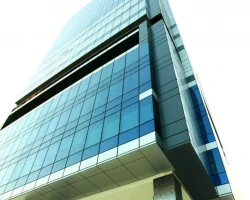
Mumbai, India
Specializations: Cardiac surgery, Vascular surgery, Thoracic surgery, Orthopedic surgery
Languages: Arabic, English, Japanese
Global Hospital at Lower Parel, Mumbai is Western India’s most renowned multi-organ transplant centre. The hospital is equally renowned for its clinical work in Hepatobiliary
read more
Prices for selected procedures, total:
≈ $898
Prices for popular procedures:
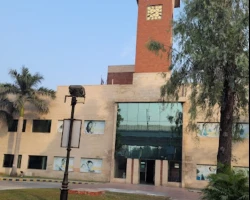
New Delhi, India
Specializations: Cardiac surgery, Vascular surgery, Thoracic surgery, Neurosurgery, Spine surgery, Orthopedic surgery, Oncology
As one of India’s foremost names in healthcare, Moolchand has been setting standards for the past 9 decades. We have been providing healthcare services to
read more
Prices for selected procedures, total:
≈ $898
Prices for popular procedures:
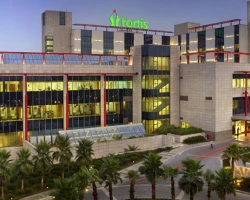
Gurgaon, India
Specializations: Cardiac surgery, Vascular surgery, Thoracic surgery, Neurosurgery, Spine surgery, Orthopedic surgery, Oncology
Fortis Memorial Research Institute (FMRI) is a multi-super-speciality, quaternary care hospital with an enviable international faculty, reputed clinicians, including super-sub-specialists and speciality nurses, supported by
read more
Prices for selected procedures, total:
≈ $898
Prices for popular procedures:
Prices for selected procedures, total:
≈ $898
Prices for popular procedures:
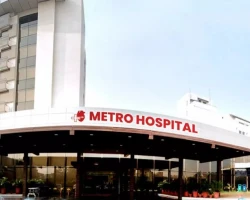
Faridabad, India
Specializations: Cardiac surgery, Vascular surgery, Thoracic surgery, Neurosurgery, Spine surgery, Orthopedic surgery, Oncology
Metro Hospital, Faridabad has been in existence since 2002 as the first dedicated heart hospital of Haryana. "providing international standard health care at affordable cost
read more
Prices for selected procedures, total:
≈ $898
Prices for popular procedures:
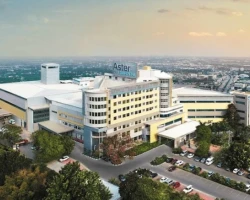
Bengaluru, India
Specializations: Cardiac surgery, Vascular surgery, Thoracic surgery, Neurosurgery, Spine surgery, Orthopedic surgery, Oncology
Languages: English
Aster CMI hospital, one of the best hospital in Bangalore, with serene ambience, spacious interiors, advanced medical facilities, and best doctors, has always strived to
read more
Prices for selected procedures, total:
≈ $898
Prices for popular procedures:
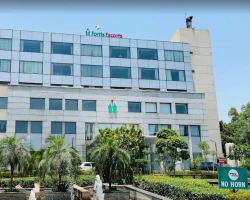
New Delhi, India
Specializations: Cardiac surgery, Vascular surgery, Thoracic surgery, Neurosurgery, Spine surgery, Orthopedic surgery, Oncology
Languages: English
Fortis Escorts Heart Institute has set benchmarks in cardiac care with path breaking work over the past 33 years. Today, it is recognised world over
read more
Procedure price distribution in India
Kidner procedure:
$911
This price found in India, New Delhi
$911
This price found in India, New Delhi
Minimum Average Maximum
Procedure prices in popular countries:
Kidner procedure:
Turkey
$1,369 - 1,372
in
30 clinics
Germany
$4,702 - 4,702
in
45 clinics
China
$5,384 - 5,384
in
6 clinics
United States
$6,220 - 6,220
in
23 clinics
Israel
$6,624 - 6,635
in
16 clinics
Countries with the highest number of clinics offering the procedures treatment:
Kidner procedure:
worldwide
751 clinics
United Kingdom
64 clinics
Germany
45 clinics
Brazil
33 clinics
Australia
31 clinics
Turkey
30 clinics
Clinics grouping by rating
Clinic with the highest rating of 4.8 — Global Hospitals, Mumbai in Mumbai, India, clinic with the most reviews number of 35757 — Aster CMI hospital in Bengaluru, India.
With rating 4.0 and over — 6 clinics .
